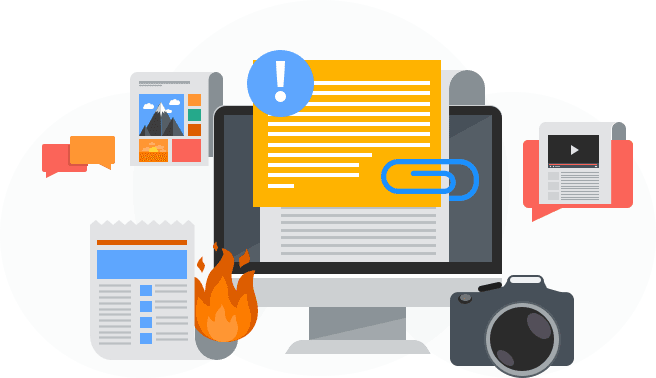Having a transcription of audio or spoken content offers numerous benefits across various industries and situations. Here are some of the key advantages:
Accessibility: Transcriptions make content accessible to individuals with hearing impairments or those who prefer reading over listening. It promotes inclusivity and ensures a wider audience can engage with the material.
Accuracy: Skilled transcribers produce accurate and verbatim transcripts, preserving the original content precisely. This is especially valuable in legal proceedings, interviews, and research, where precision is crucial.
Efficient Reference: Transcriptions provide a written record that can be quickly referenced and searched. This is beneficial in journalism, research, and business, enabling easy retrieval of specific information or quotes.
Language Understanding: Transcriptions can help individuals better understand complex or technical language, as they can read and analyze the content at their own pace.
SEO Benefits: In digital marketing, transcribing audio or video content can improve search engine optimization (SEO) by making the content more indexable and searchable.
Learning Aid: In educational settings, transcriptions facilitate learning by providing study materials, assisting language learners, and supporting students with different learning styles.
Legal Documentation: Transcriptions serve as crucial evidence in legal proceedings, ensuring accurate documentation and easy retrieval of information during trials.
Time-Saving: Transcriptions enable multitasking, as people can read while doing other activities, making it easier to consume content during commutes or breaks.
Content Repurposing: Transcriptions can be repurposed into various formats, such as articles, blog posts, or social media content, extending the reach and value of the original material.
Data Analysis: Researchers can analyze transcriptions to identify patterns, insights, and trends, aiding qualitative data analysis.
Transcriptions offer a wide array of benefits, including enhanced accessibility, accuracy, and efficiency. They support learning, research, legal processes, and content optimization, making them an indispensable tool across multiple industries.








